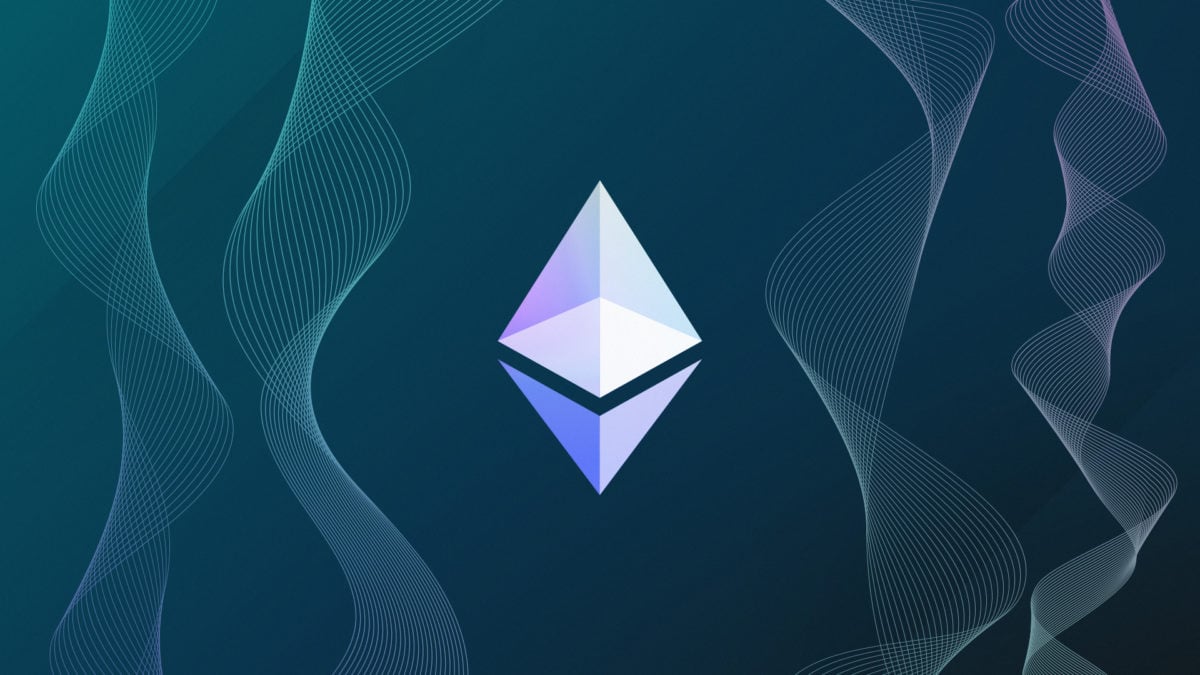DAO network Panvala set to fund more ETH2.0 projects with newly secured sponsorships

Quick Take
- DAO network Panvala received several corporate sponsorships to further its grant-making scheme to support Ethereum 2.0 projects
- Panvala founder Niran Babalola believes decentralized funding will eventually replace the current funding system dominated by the Ethereum Foundation and early participants like ConsenSys

DAO network Panvala has secured corporate sponsorships from Helium, MythX, and Unstoppable Domains as it looks to announce its fifth round of grants by the end of January.
Founded in 2018, Panvala issues grants in its native token, Pan, to award projects strengthening Ethereum’s infrastructure. Every three months, the foundation's advisory group makes grant suggestions for the upcoming quarter. Token holders then decide for themselves whether to accept or reject these recommendations.
The new sponsorships, obligation-free and ranging from $7,500 to $15,000 per year, will help Panvala continue its grant deployment.
"These companies are funding work that has the Ethereum community as their audience," Panvala founder Niran Babalola told The Block. "They're going to get more attention and more loyalty from the Ethereum ecosystem because they're directly funding the work that we depend on."
Up to now, Panvala has put out 34 grants totaling over $90,000, mainly to teams working on Ethereum 2.0, the next major update to the blockchain, according to its website.
Noticeable grant recipients include Sigma Prime, the firm behind ETH2.0 client Lighthouse, Prysmatic Labs, the client implementation team responsible for the Sapphire testnet, and Quilt, the team working on ETH 2.0 phase 2, according to Babalola.
Babalola revealed that Panvala’s latest batch of grants, set to go out on Jan. 31, will fund the development of a tool called Universal Login. Created by Alexandre Van de Sande, one of the early Ethereum contributors and former UX Designer at the Ethereum Foundation, Universal Login will make it easier for new users to log into Ethereum applications.
Economic incentives in DAOs
At present, DAOs like Moloch DAO and MetaCartel run similar grant-making platforms. Panvala’s pitch is to add the element of economic incentives into the current system.
In a traditional DAO network, Babalola explained, participants receive votes corresponding to the amount of money they put in, but their votes get diluted over time and there is little incentive for them to grow the network. Panvala attempts to solve this issue by running the DAO on its own currency Pan.
“When you increase the flow of donations into Penvala, you increase the demand for the Pan that you hold,” he said. “Now you have a significant incentive to grow the DAO.”
Babalola believes digital currencies could help build communities in the long term.
"What we haven't figured out in the decentralized space is how to create a currency that helps communities cooperate," he said. "When we succeed, this can be something beyond the funding of blockchain technology [and] helps people organize and a much better way."
Decentralized funding is the future
According to Babalola, decentralized funding is where the future of the ecosystem is heading.
Right now, a considerable proportion of the Ethereum infrastructure is funded by either the Ethereum Foundation or early participants like ConsenSys, he said, which creates a number of challenges.
“One problem is not everyone agrees with the decisions that are made,” he said. “By just having a pool of funds controlled by one foundation, the community doesn't really have a say in what gets funded.”
Decentralized funding will also build the community’s resilience to Ether’s price fluctuations, he said.
“The more we rely on a central pot of fund, the more subject we are to fluctuations in Ether’s price,” he said. “If instead, we can coordinate sustainable funding, we wouldn't have to rely on just the price of Ether to fund the work. We could rely on people who are contributing and making donations.”
ETH2.0 recently underwent its first public multi-client test network and is entering its final stage of testing. And Babalola feels optimistic about the prospect of ETH2.0’s mainnet launch in 2020.
“There're enough teams building separate implementations of the new system to be able ensure that the new network will be resilient and reliable,” he said. “Rebuilding a blockchain is a very complicated endeavor. And I think this is the year that it actually gets done.”
© 2023 The Block. All Rights Reserved. This article is provided for informational purposes only. It is not offered or intended to be used as legal, tax, investment, financial, or other advice.



